labor/economy
-
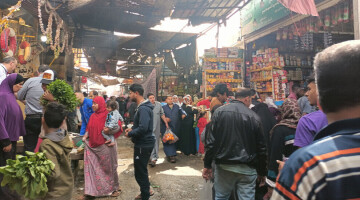
Women more affected by economic crisis in Egypt
“Women are more affected by the economic crisis because they shoulder the entire burden for their families,” family consultant Nadia Jamal said while speaking about the ongoing global economic crisis.
-
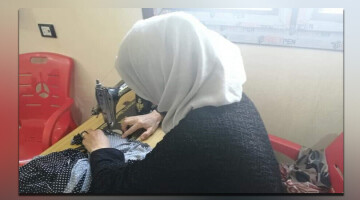
“I began to sew to forget my pains,” Hala El-Said says
The children of Hala Al-Said were taken away from her after the divorce. She started her own tailor shop to hold on to life. “I began to sew to forget my pains,” she says.
-
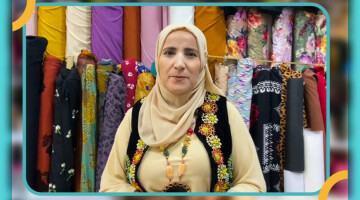
Colorful fabrics in Nazenin’s shop allow you to travel through time
Imagine a shop full of colorful fabrics reflecting history, you feel like you live today but also in the past. The colorful fabrics in the shop of Nazenin Mehmud allow you to travel through time.
-
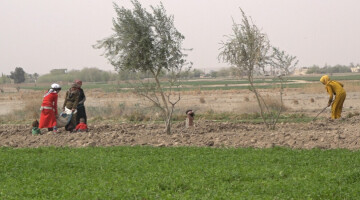
Women farmers in Deir ez-Zor affected by water shortage
Women farmers in Deir ez-Zor, who have been suffering from water shortage as Turkey has cut off the water flowing into the Euphrates River, call on the international community to put pressure on Turkey.
-
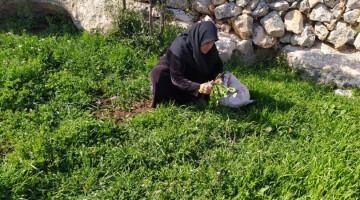
Refugee women in Idlib collect medicinal plants
Women and children living in the refugee camps located in the city of Idlib collect and sell medicinal plants in spring to make a living.
-
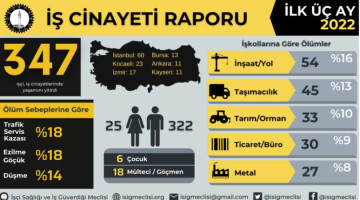
İSİG: At least 347 workers including 25 women lost their lives in the first 3 months of 2022
In the first three months of 2022, at least 347 workers, including 25 women, lost their lives at their workplaces across Turkey, according to a report released by the Laborer Health and Occupational Safety Assembly (İSİG).
-
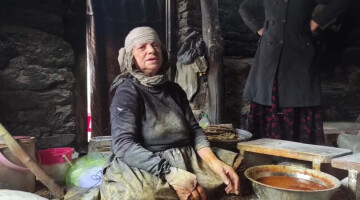
Baking bread in grip of poverty
The story of bread began when people settled down and began farming and growing cereals. The story of bread integrates with the story of poverty.
-
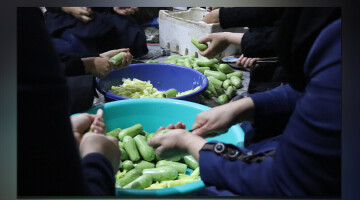
Women of Idlib create jobs for themselves
Women of Idlib have been struggling in many spheres to cope with problems such as war, poverty, and economic crisis. They make food and sell them in order to earn a living.
-
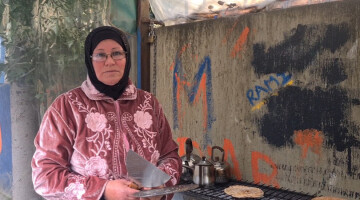
Fatima Medlej sells Kaak bread in Beirut
Fatima Medlej has baked and sold Kaak bread (mostly sold in the streets of Beirut) for about 10 years. Most of her customers are students.
-
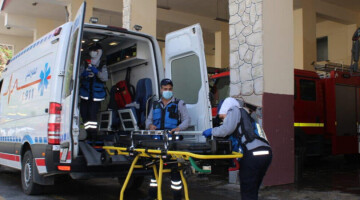
Dozens of women working in Jordan’s sewing factory hospitalized
Dozens of women working in a sewing factory in Jordan have been reportedly hospitalized due to the floor cleaning chemicals.
-
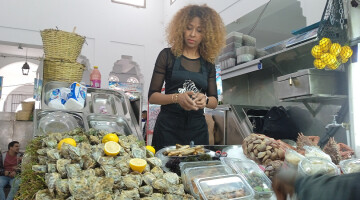
Fishmonger Aisha Nour keeps her shop open despite challenges
20-year-old Moroccan Aisha Nour sells seafood in her shop. She opened her shop during the pandemic but never gives up despite the challenges of the Covid-19.
-
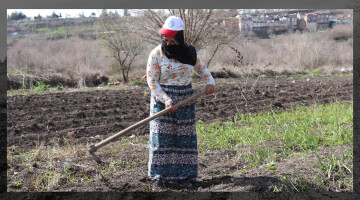
Women working in Hevsel Gardens: We need a farmers’ market to sell our vegetables
Züleyhan Sezgin is a farmer working in the Hevsel Gardens. “Our incomes don’t meet our expenses due to the increasing price hikes. We could plant vegetables only in a field because we couldn’t buy fertilizer,” she says.
-
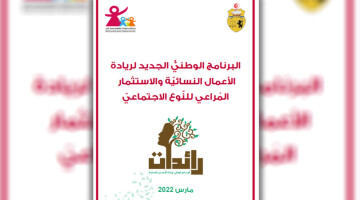
"Raidat" funds 4,463 women's projects in Tunisia
The “Raidat" program, an economic empowerment program for women started by the Tunisian Ministry of Women, Family, Children, and Seniors (MFFES), has funded 4,463 women's projects until now.
-
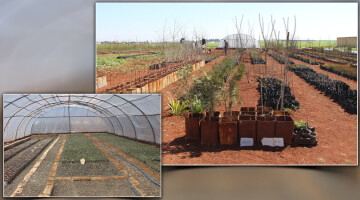
Cold weather damages greenhouses in Shahba
Greenhouses in Shahba have been severely damaged due to the strong wind and cold weather.
-
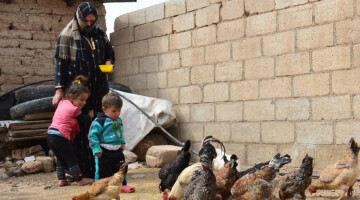
Kongra Star supports women victims of war by developing projects
The Economy Committee of Kongra Star has developed a “poultry farming project” to support Arab women’s economic empowerment. The committee plans to develop more projects for women.
-
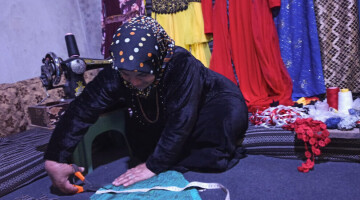
Idlib: Volunteer Initiative Project becomes hope for women living in camps
The Volunteer Initiative Project has been launched for the women living under difficult conditions in the refugee camps in Idlib. The project supports the economic empowerment of women and the education of children in the camps.
-
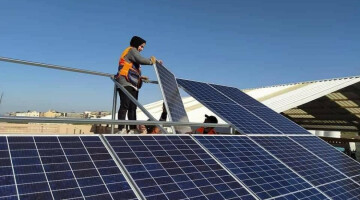
Ramah installing solar panels in Gaza wants to start her own company
Solar panel installation is considered a men’s job in the Gaza Strip, but 21-year-old Ramah Al-Buhaisi breaks this bias by installing solar panels despite all the social pressures.
-
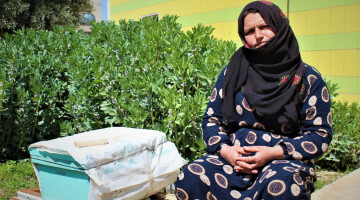
Displaced woman earns money for her family from beekeeping
Rexda Şêx Salih, who had to leave her home in the Erîşa village of Tell Tamer due to the attacks of Turkey, tries to survive with her family in the hall of a small church in the Tell Nasri village. She earns money for her family from beekeeping.
-
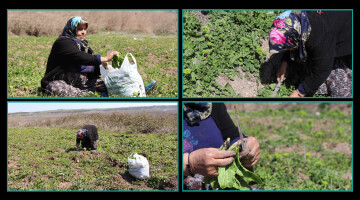
Women begin to collect beets in Amed
As the weather is getting warmer, women in Amed have already begun to collect beets and herbs on hills and mountains.
-
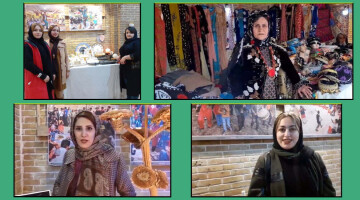
Handicraft exhibition held in Sanandaj
Women, who combine their handicrafts and talents with the cultural texture of their region, have exhibited their products in the city of Sanandaj.
